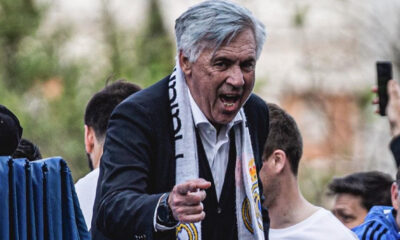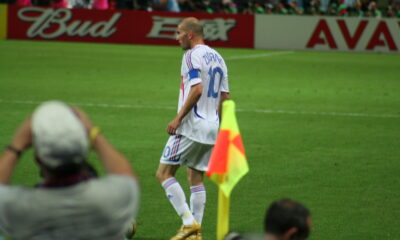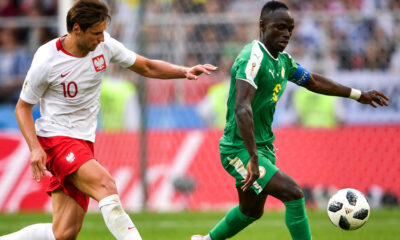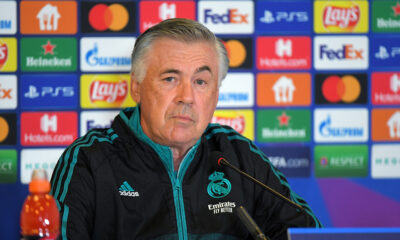Football
He was supposed to be the new Pelé, but injuries and poor lifestyle ruined Robinho’s career
Not every player who is credited with great talent at an early age will make it as far as predicted. More specifically, of the many names that roll out to the footballing public year after year, almost none succeed to the extent of their potential. There are many more who, for various reasons, don’t make it that far and have to put up with less than illustrious careers. One of the latter group is the Brazilian toy known as Robinho.
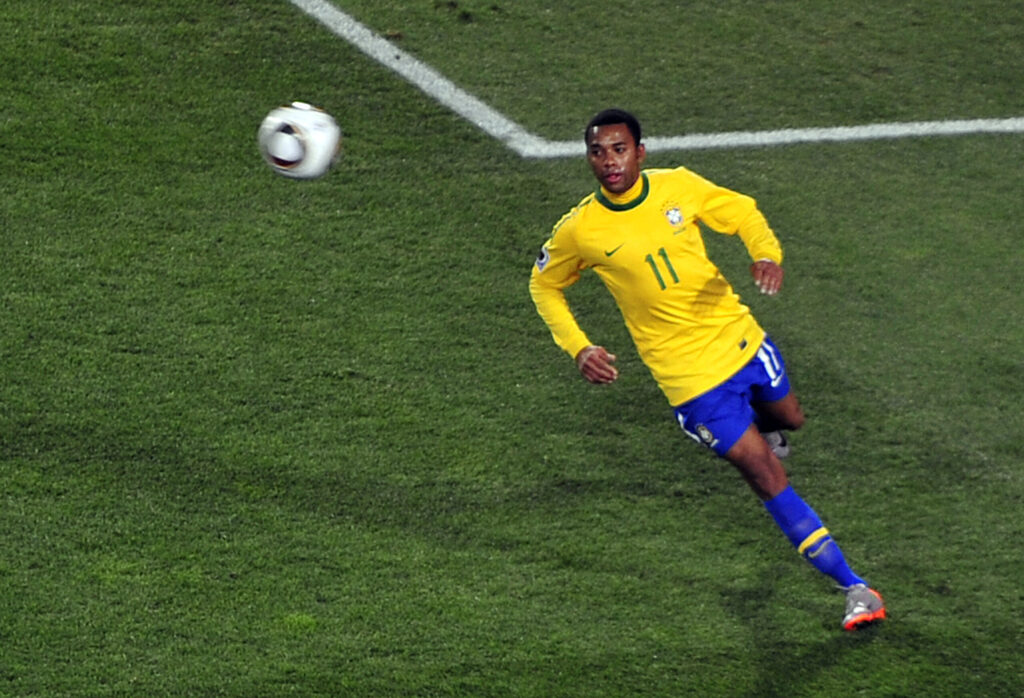
Not every player who is credited with great talent at an early age will make it as far as predicted. More specifically, of the many names that roll out to the footballing public year after year, almost none succeed to the extent of their potential. There are many more who, for various reasons, don’t make it that far and have to put up with less than illustrious careers. One of the latter group is the Brazilian toy known as Robinho.
Robson de Souza was supposed to be the next Pelé and not only did others say that about him, but more importantly the three-time world champion himself picked the then 15-year-old Robinho to succeed him on his throne. This must no doubt be pleasing, but nevertheless a pretty solid weight on the shoulders of a kid fresh out of citizenship.
Like Pelé just did, Robinho learned big-time football at Santos in Brazil, where he signed his first professional contract at the age of eighteen. But before he got to the academy, like a great many Brazilian enthusiasts, he played a lot of round nonsense, mainly futsal, through which he honed his dribbling, melée space orientation and acceleration.
Though fresh out of adulthood, it was soon apparent that there was something special about the lanky speedster. The ball made friends with him like few others, and the Sao Vincente native did whatever he wanted with defenders. With Santos, he won the league twice in three years and reached the Copa Libertadores final. As his star rose, Alvinegro Praiano’s management made it clear they wouldn’t keep the youngster for long.
And so, after a battle between European big clubs, Real Madrid introduced him with glory at the Santiago Bernabeu. He sent a solid 24 million from Brazil and was looking forward to the samba he would make defenders dance in the Spanish top flight.
And he hasn’t lost his way in Spain. His first season under Fabio Capello, he may have filled a substitute role, but after his sacking he settled in as a member of the starting eleven under new coach Bernd Schuster. Together with Raúl and Van Nistelrooy, it worked and the lanky whizzkid dished out footballing joy for Los Blancos.
But nothing lasts forever and on the last transfer day of the summer of 2008 he travelled to Manchester to sign for the Citizens.
His first season in England was quite successful, although fans had to get over the fact that he wanted to defend the colours of rival Manchester United. He even became the team’s top scorer in the Premier League.
The second edition of the EPL was not so successful, mainly due to injuries that saw him play only 12 games. Moreover, it began to leak that Robinho’s ego could be a solid hindrance to the chemistry in the cabin and his lifestyle was also not exemplary.
This resulted in a defection back to Santos, where he went on a six-month loan spell, after which he declared his intention to leave the blue side of Manchester.
Laso was thrown to him by the famous AC Milan, where he transferred to in the late summer of 2010. But the course was essentially similar to that of City. A promising start, injuries and although he lasted longer in Italy than in England, once again his engagement ended with a loan spell at the well-known Santos.
A one-year loan spell was followed by a free move to China, thence back to Brazil, but this time kicking for Atlético Mineiro, then two stints in Turkey and closing the circle back in the white-hot Santos jersey.
In hindsight, it has to be said that Robinho has played for the best clubs in Spain, England and Italy so there can be no question of a complete failure, however, everyone probably expected something more.
A susceptibility to health problems, coupled with a poor lifestyle that must inevitably prolong the recovery period, and an unhealthily high self-confidence caused Robinho’s star not to rise as high and shine nearly as long as all Canaries wanted.
Sources

